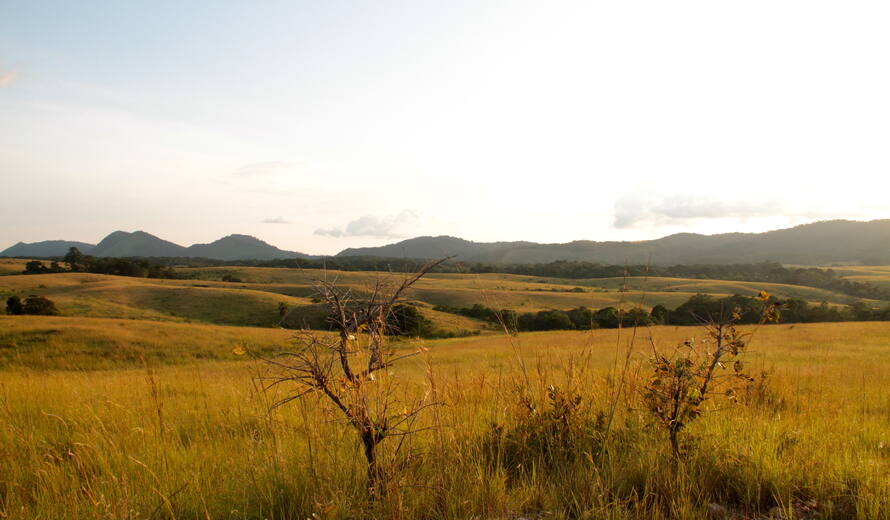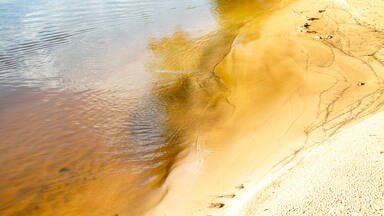UNESCO supports eco-tourism and income generating activities in Lopé National Park in Gabon
UNESCO and Gabon's National Parks Agency (ANPN) sign an agreement to support eco-tourism and income-generating activities in Lopé National Park.
The partnership between UNESCO and ANPN, worth US$ 200,000 over a period of two years, will help to materialize a long-term vision to support the communities living in the Lopé National Park to establish a link between eco-tourism and income-generating activities. This partnership will support in particular:
- The development of eco-tourism through the implementation of cultural heritage and environmental education programmes, including the development of the Lopé National Park eco-museum;
- The development of income-generating activities for local communities through the support of agricultural initiatives;
- The implementation of measures to protect and monitor historical sites, including the carrying out of archaeological excavations on two major sites and the carrying out of rock engraving surveys.
The activities planned in this partnership are in line with the implementation of the recommendations of the World Heritage Committee for the improvement and enhancement of the management of the site. They will give continuity to the work initiated by UNESCO and ANPN in the framework of the Central African World Heritage Forest Initiative - CAWHFI project (2016-2021), which rehabilitated the Lopé National Park Eco-museum in 2021 after more than ten years of closure and carried out archaeological research that allowed the dating of carved stone tools revealing the oldest evidence of human presence in the Congo Basin, estimated to be at least 600 000 years old.
This partnership is possible thanks to the financial support of the Government of Norway, which supports UNESCO in the implementation of several programmes aimed at supporting the conservation of sites inscribed on the World Heritage List in Africa, including the "Ecosystem and Relict Cultural Landscape of Lopé-Okanda". This mixed (nature/culture) site was inscribed on the World Heritage List in 2007 for its remarkable forest-savannah landscapes illustrating the ecological and biological processes of species and habitat adaptation to post-glacial climate change, as well as for its numerous remnants of past cultures.



